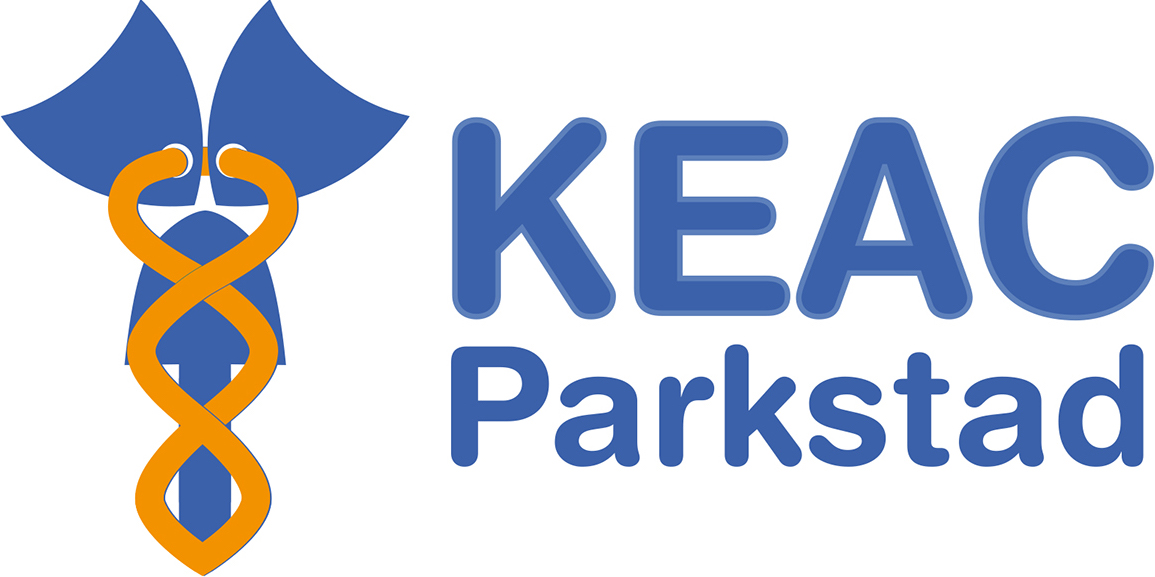Description
17-ketosteroid profile
17-ketosteroids are compounds formed during the breakdown of androgenic steroids: sex hormones and other hormones are excreted by the adrenal gland in both men and women and in men by the testes.
The adrenal glands lie above the kidneys and play a major role in the hormonal system. They produce many hormones including norepinephrine, adrenaline, cortisol, DHEA (dehydroepiandrosterone), progesterone and testosterone. The adrenal glands play important roles in energy production, sodium-potassium balance, blood pressure, metabolic rate, heart rate, liver function, immune function, blood sugar levels, fat production and stress management.
In chronic allergic reactions, the stress regulation system of the adrenal gland is repeatedly calles upon. Due to this stress-regulation system, the symptoms of a mild allergic reaction may go completely unnoticed. In time, the body can get used to this reaction, even needing it in order to feel good (allergic addiction). After a long period of time, the adrenal gland may become exhausted and the compensation disappears, causing the individual to become severely fatigued (allergic fatigue). A malfunction in the adrenal function is characterized by the following specific symptoms in the initial period:
- Low blood pressure with dizziness
On standing, from a sitting or lying position, the systolic blood pressure (that which occurs when the heart pumps the blood into the arteries) rises by 10mm Hg since the blood vessels in the lower body contract in order to transport blood to the heart, lungs and brain. This process is made possible by the hormone adrenaline. In individuals with depleted adrenal glands, the blood vessels are less able to respond to the release of adrenaline due to the lower cortisol and epinephrine production.
- Frequent urination and thirst
Individual with low aldosterone levels may need to urinate as often as 15-20 dail; however, the amount of urine that is passed is unimportant. Waking to urinate at night, or nocturia, si common and bed-wetting may occur in children.
- Poor digestion: loose, light-coloured stools (occasionally), undigested food
Poor blood circulation in the abdominal cavity reduces digestion and absorption of important nutrients. Stressful periods may cause less fluid to be re-absorbed into the body from the intestinal contents, resulting in less compact bowel movement.
- Fatigue attacks; reactive hypoglycaemia
When the adrenal glands are significantly depleted, blood sugar levels may decrease further. The body responds to hypoglycaemia by craving foods that cause the blood sugar level to rise, e.g. cola, soft drinks, sweets, coffee. Sometimes, adrenal depletion results in addiction because of the body’s urge to suppress the side-effects of hypoglycaemia. Individuals develop a typical daily pattern: they often feel fatigued and unrested despite sufficient sleep. Individuals with hypoglycemia may only begin to feel fully awake from mid-morning and may experience severe fatigue during the afternoon. At around six o’clock they start to feel better, only to get tired again at 9pm. At 11pm they feel too awake to sleeip, therefore often go to bed late.
• Craving for salt:
The adrenal glands produce the hormone aldosterone, which is a mineralocortioid, steroid hormone that affects the water-salt balance in the body. Aldosterone regulates fluid and electrolytes (sodium, chlorine, potassium and magnesium) in the blood, and both in and in between body’s cells. In adrenal depletion, aldosterone production decreases, causing salt to be lost. When salt is excreted by the kidneys, water is also lost, resulting in an imbalance of electrolytes and dehydration.
• Sleep disorders:
Cortisol production is highest around 8amand decreases slowly over te course of the day to its lowest point, at 11pm. In the early stages of adrenal depletion, the body compensates with a high cortisol level at night. In this case, it may be difficult to wind down after a long, hard day’s work, making sleep difficult. This reduces the amount of sleep (reduced eye movement), which can lead to depression and reduced energy levels during the following day. In later stages of hypoadrenia, the body produces adrenaline in an attempt to compensate for low cortisol production, which may also result in insomnia.
• Inflammation:
Cortisol and other glucocorticoids (adrenal-produced hormones that influence the metabolism of sugars) fall under the category of corticosteroids and adrenally- produced anti-inflammatory hormones. Individuals who need to take artificial corticosteroids because their body does not make enough of them, usually suffer from adrenal depletion.
• Headache:
Because the blood supply to the brain is not optimal, it does not receive sufficient oxygen, which can result in headaches.
• Blood sugar dysregulation:
The Adrenal glands and blood sugar levels are closely linked. Our bodies must keep blood sugar levels relatively constant. When we are stressed, adrenaline causes the release of glucose from the liver and muscles, which increases blood glucose levels iin order to feed the cells. If the glucose is not absorbed by the cells, the pancreas releases insulin to lower the blood sugar level. However, this can result in an abrupt drop, which likewise causes stress to the body. If this happens, adrenaline is again released, which again causes the blood sugar level to rise to normal values. This “rollercoaster” process of repeated rises and drops in bloodsugar levels contributes to eventual exhaustion of the adrenal glands.
• Swelling:
As the body tries to keep a balance between fluid and electrolytes, tissues in the body can retain moisture, causing swelling.
• Infections:
Serious or recurrent infections, especially respiratory, often indicate problems with the adrenal glands. The worse the infections and the greater their frequency and duration, the greater the chance that depleted adrenal glands will contribute to the infection.
• Behavioral and memory problems:
Cortisol regulates the electrical activity of neurons in the brain and thus influences behavior, mood and memory. Changes in behavior occur with both high and low levels of cortisol.
• Hyperpigmentation:
This is caused by an increase in ACTH production, due to poor adrenal funtion.
Other symptoms of hypo-adrenia are:
• Mood swings
• Irritation
• Difficulties with stress management
• Low energy level (mental and physical)
• Emotional instability
• Increase in PMS symptoms
•Depression
• Poor immune function
• Light feeling in the head upon waking
• Concentration problems
• Painful body parts
• Sugar cravings
• Weak muscles
•Backache
•Fatigue
•Low bloodpressure
• Dry skin and hair
• Anxiety attacks
• Noise sensitivity
•Dry eyes
• Reduced libido
• Hair loss
• Contributes to diabetes
• Contributes to cardiovascular disease
• Delayed recovery from disease





